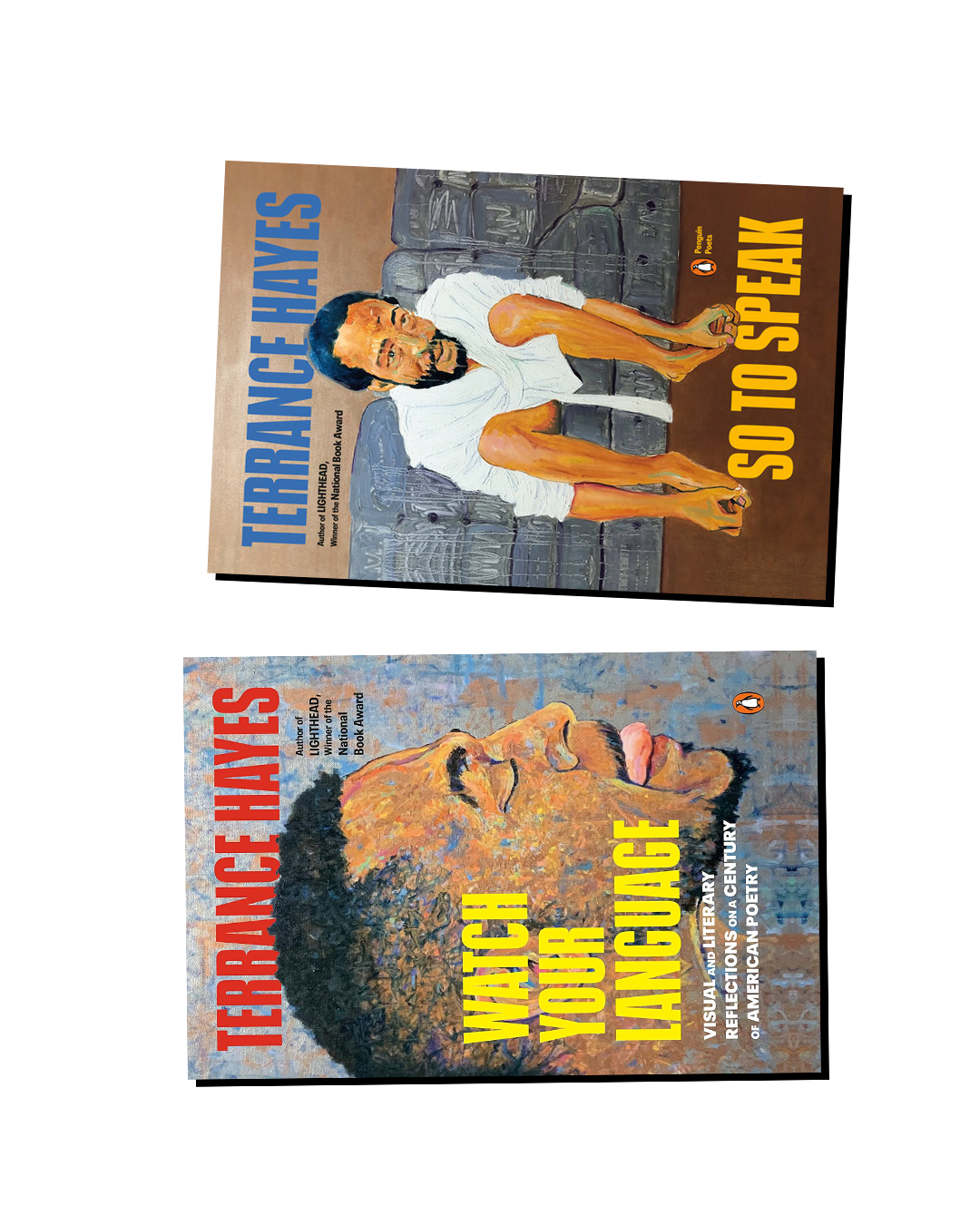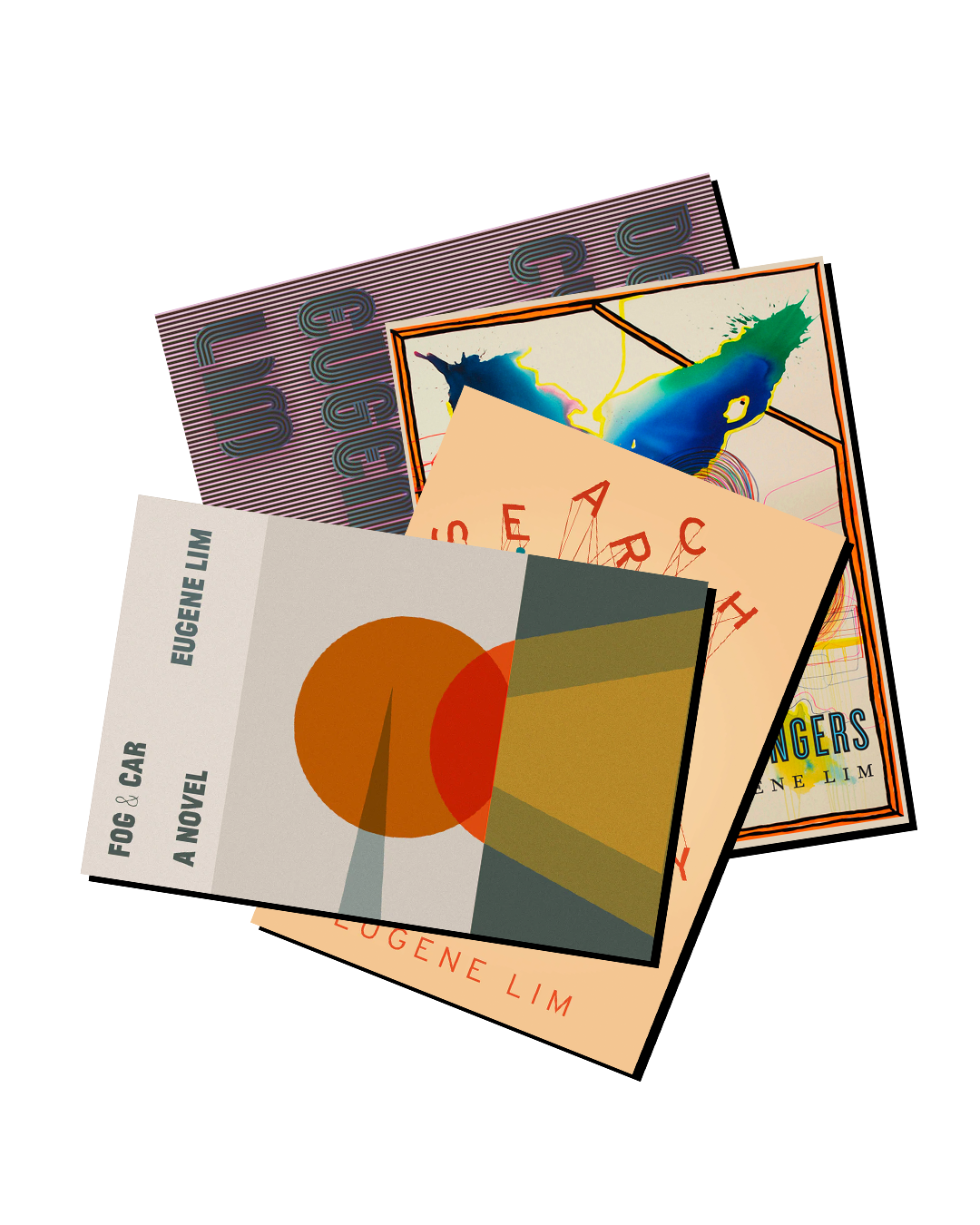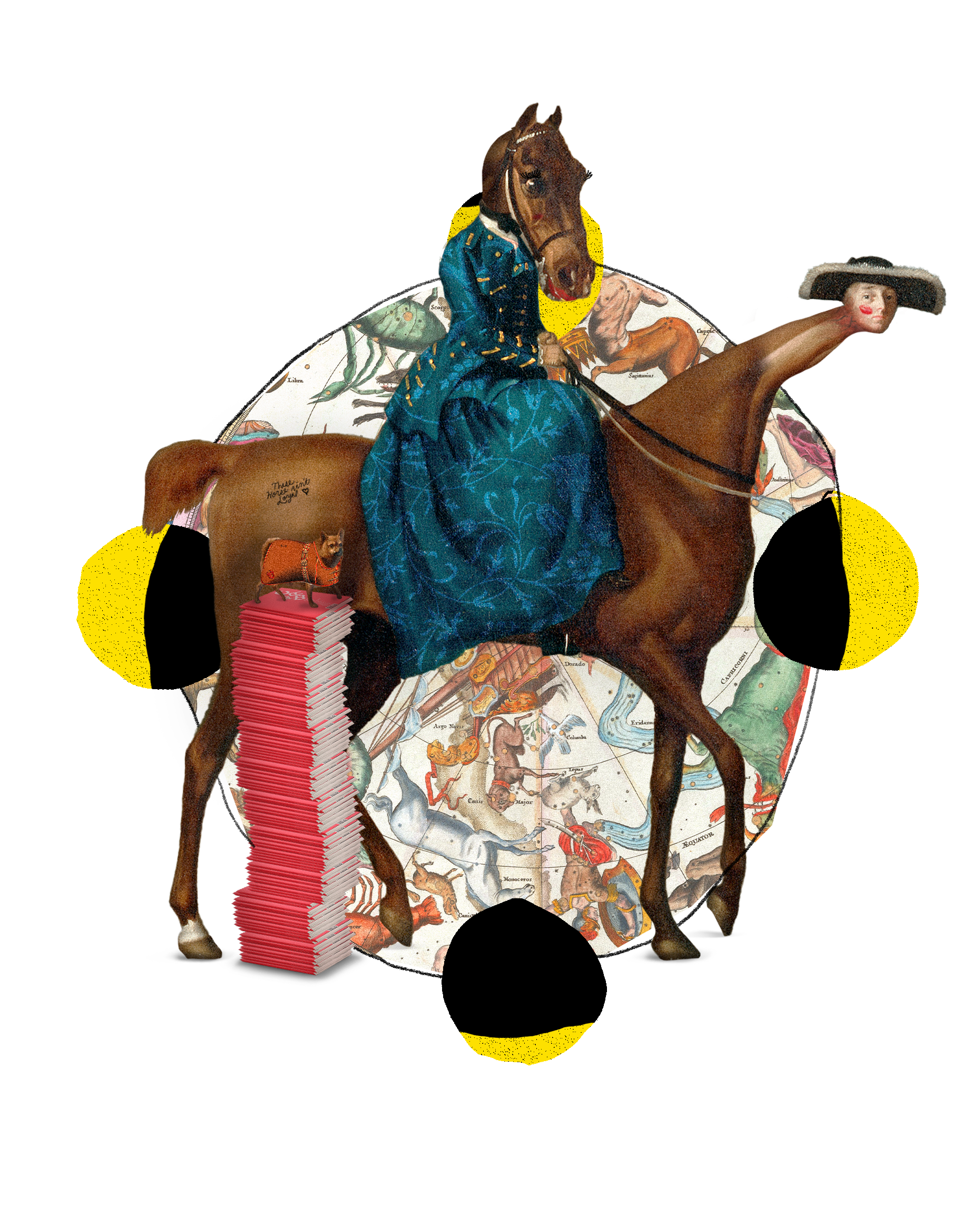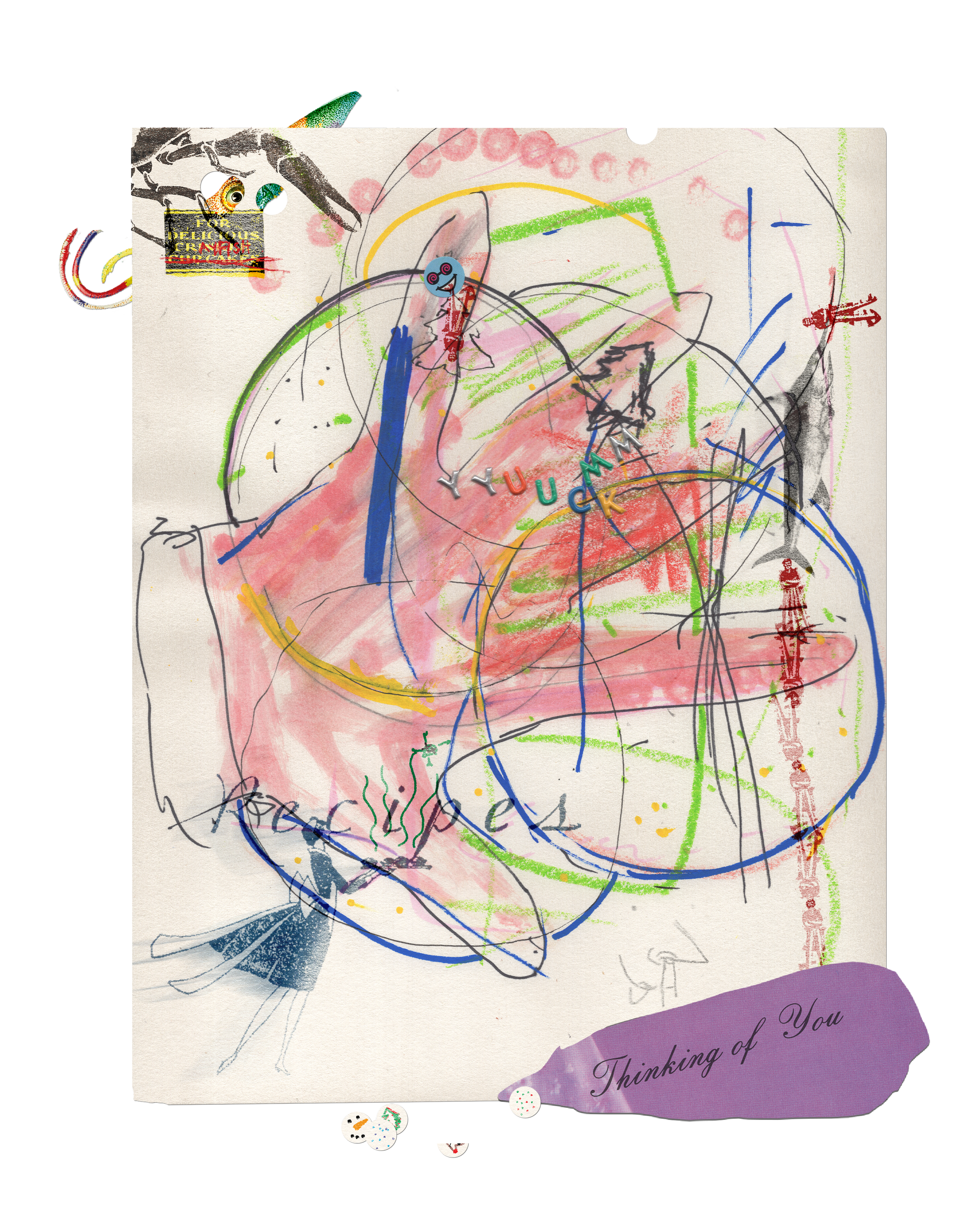Terminal Lucidity: Ways of Seeing and Thinking About Don DeLillo’s Late Style
I am taken by the unique vibration his work strikes deep in my organs, how different these internal resonances are from how DeLillo is regularly discussed in the contemporary landscape—how his work makes me feel, to be blunt about it.
Awe Studies: LINER NOTES
I suspect that everything I do or say after 11 pm is lunatic. Panic about it at 5 am. In real life a police officer shoots a man twenty times in his own backyard. Is there someplace else to stand? No. (Shaved pubes.)
Art Over Numbers: On Independent Publishers and Small Press Practices
Since a certain amount of funding is potentially coming from grants, donors, and (hopefully) the press’s Board of Directors, there are more variables to consider.
Awe Studies: Sound, Grief, and Imagination
I cry a little, too, because it all feels so cliché. That I should look at my mother and realize she’ll die one day. That she should notice my tears becoming heavenly–sorry, heavy–and approach me, open-armed.
The Game Becomes a Storytelling Machine: On “Tears of the Kingdom”
Because the place we’re standing now matters so much less than the ingenious and idiotic ways we managed to get there.
Awe Studies: An Introduction
The pieces in this series find ways to speak into and around awe—often figured as speechlessness, to be dumbfounded—and how its overwhelming facts can run through our lives.
Your Children Will Turn into Doves and Fly Away: On “Stardew Valley”
We have to do so much for you, don’t you see? You play all day while we work so hard.
Quarter in Review: On Small Towns, Hypertexts, and the Void
It can’t all be true, or as bad as they make it. But there’s no plumb, exactly, for these things.
What Poems Can’t: On Terrance Hayes
Watch Your Language shadows So to Speak, offering what the poems can’t—not explanations of the origins of lyric impulse, but a recreation of the process involved in coaxing it.
The Artist’s Self-Interest: On Capitalist Fiction
The idea that this cultural moment is specific to an era of progressivism, neoliberalism, or late capitalism (a term which always feels a little baselessly optimistic), does not seem accurate. Regular capitalism describes the moment pretty well.
The Live Louise Glück
When you grow up alongside a writer and see them change and rearrange and deliver a new object still dripping sweat, that object looks different than if you were merely recovering it from the long march of literature by the no-longer living.
The Haunting Presence of a Network: On Eugene Lim
The text is interactive, necessitating the intervention of the reader for categorization of its entropic structures. Genre inflects, demands, and manages expectations anew: it’s a goddamned virus.
The Precarious “North” of Jacques Darras
Darras’ poetry may long for the alleged poetic horizon from which waves—and, indeed, shades—emanate but, in its subtle (if finless) wisdom, remains coastal, content to let lyric fall tame upon the sand.
A Way of Loving Time: The Year in Wavy Lines
At this year’s end, we present its distillation or digital imprint: every wavy line from our homepage arranged in chronological order, a kind of cento, list, monument, calendar.
Quarter in Review: Three Horse Girls, Two Horses, One “Vol. 01”
The new issue is hot off the presses. It smells ripe, it wears leather, and it will get angry if you walk behind it.
Recipes, Rumors, and Reminiscence: A Literary Cookbook Gift Guide
Both women were prone to tragedy, exceptionally talented prose stylists, and flagrant pessimists, and their co-written cookbook provides a welcome glimpse into the charmingly caustic conversational style that made them social centerpieces of their era.
An American Chestnut in Ohio
The American chestnut gave me a chance to see something that actually was more or less gone from the natural world, to reach back into the distant past and get a sense of what climate destruction might rob from us again and again.
View from the Couch: Success, “The Topeka School,” and “A Fan’s Notes”
The future novel resides with the fans. It will not be written from above or outside. Literature belongs to the davenport.
A Gulf Polyphony
To even be suspected of treasure—to be indistinguishable from those who possess treasure—is to become a target. This is the lesson of the oyster.
The Midwest Regionalism of Hanif Abdurraqib
Books that might be considered staples of the Midwest today were actually bundled into the revolt from the village, seen as mocking the region.




















